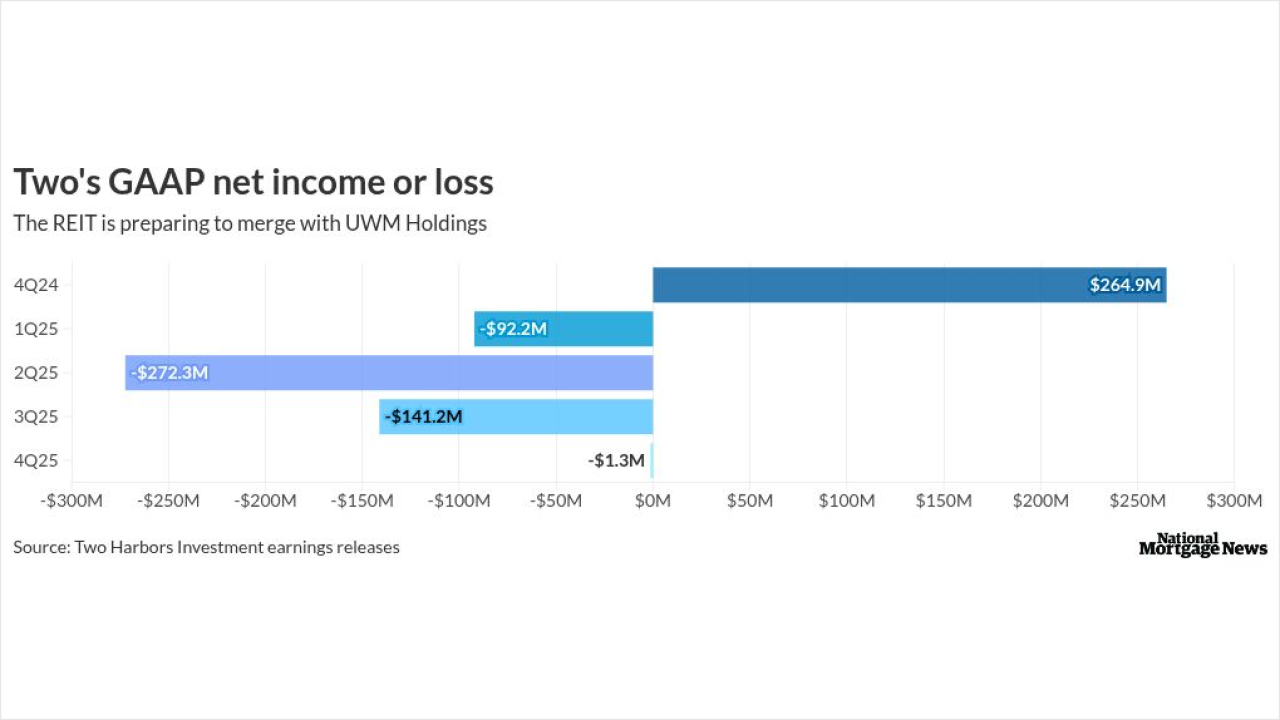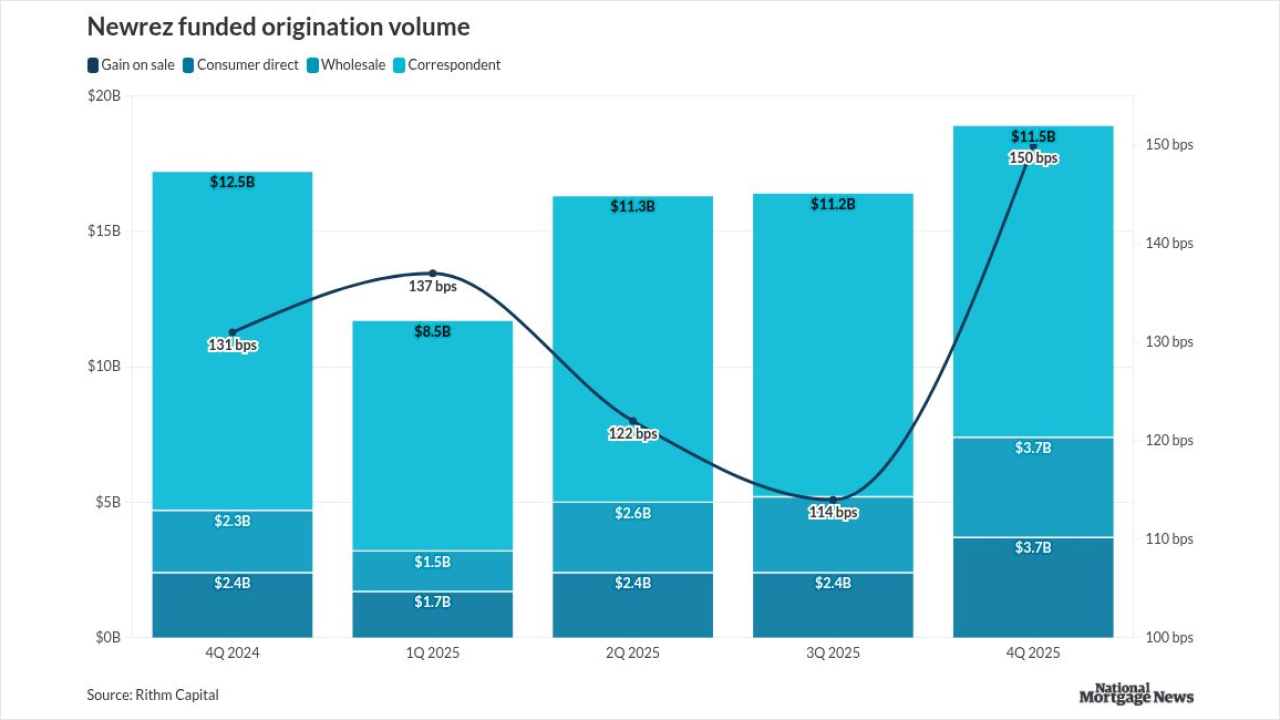- Key Insight: The Supreme Court postponed a decision on whether to strike down an injunction that allowed Federal Reserve Governor Lisa Cook to remain on the board while her lawsuit against the administration moves forward, allowing her to stay at the Fed at least until oral arguments are held in early 2026.
- Expert Quote: "The application for stay presented to The Chief Justice and by him referred to the Court is deferred pending oral argument in January 2026," the Supreme Court order reads.
- What's at stake: The SCOTUS decision prevents President Donald Trump from nominating a candidate to replace Federal Reserve Governor Lisa Cook in the interim.
The Supreme Court Wednesday said it will hear arguments over an emergency injunction in Federal Reserve Gov. Lisa Cook's lawsuit challenging her dismissal by President Trump early next year, leaving Cook in place until at least January.
The move stems from an emergency application filed in mid-September by President Donald Trump seeking to overturn a lower court injunction that allows Cook to stay on the job while the courts determine whether his attempt to remove her is legal.
In an order dated Oct. 1, the court said it would defer Trump's request for a stay until after oral arguments scheduled for January 2026. As a result, Cook will remain on the board and is expected to participate in upcoming Federal Open Market Committee meetings in October and December.
"The application for stay presented to The Chief Justice and by him referred to the Court is deferred pending oral argument in January 2026," the order reads. "The Clerk is directed to establish a briefing schedule for amici curiae and any supplemental briefs responding to amici."
Trump's legal team filed a
Cook's legal team called Trump's request for Supreme Court intervention "premature," noting that the underlying litigation "has barely begun." Her filing warned that a stay from the court could cause market disarray.
The Justice Department responded in support of Trump's application, calling the attempt to remove Cook a "valid exercise of his authority." The DOJ filing also disputed that removing Cook would compromise the Fed's independence or cause financial markets to be "spooked by removals for pre-confirmation but not in-office financial misconduct."
Jaret Seiberg, an analyst with TD Cowen, called the Supreme Court's decision Wednesday "broadly positive" for the Fed's independence, adding that the court's order will keep Cook on the board not just for the upcoming FOMC meetings but well into the first quarter of 2026.
Once the injunction is resolved, the underlying legal case, challenging Trump's attempt to
The outcome of the Slaughter suit and the scope of the Supreme Court's decision can shape Cook's future on the board, and by extension, the Fed's independence. Jane Manners, a law professor at Fordham University, in a previous interview said it's unclear whether the Supreme Court would carve out exceptions in a ruling that strikes down Humprey's Executor. If there are none, "then Cook's case would be effectively determined," she said.





